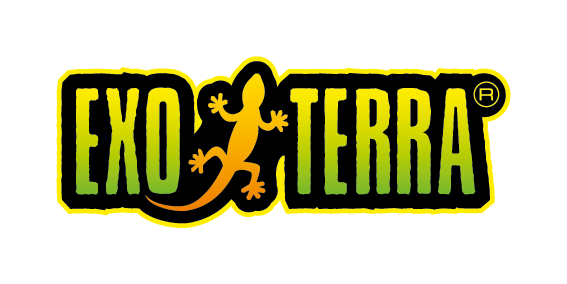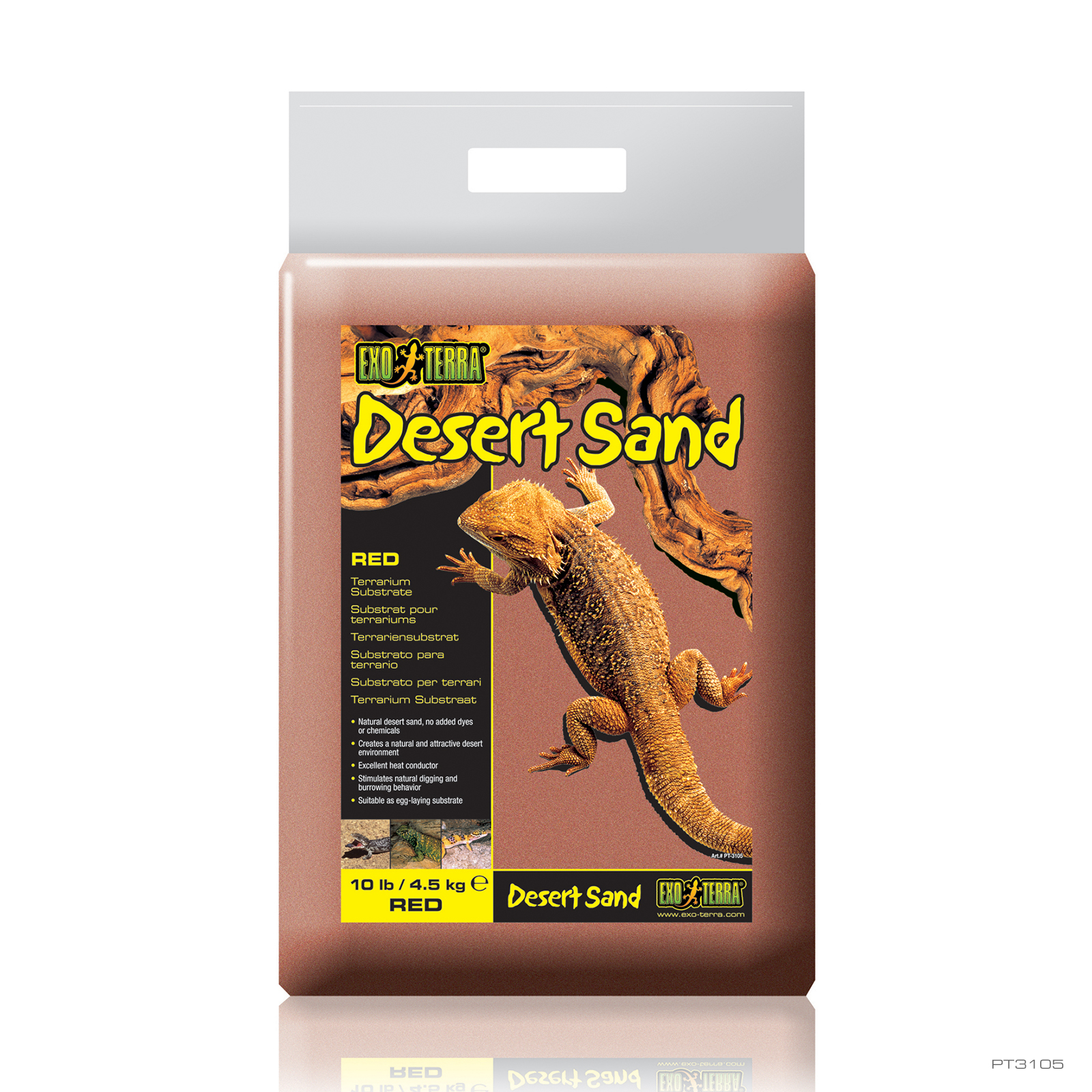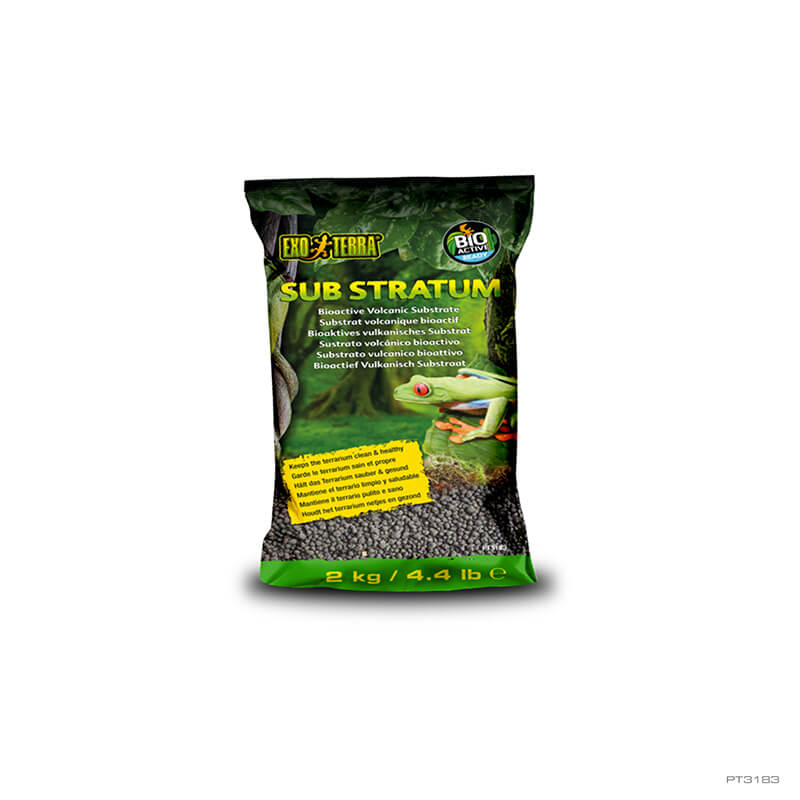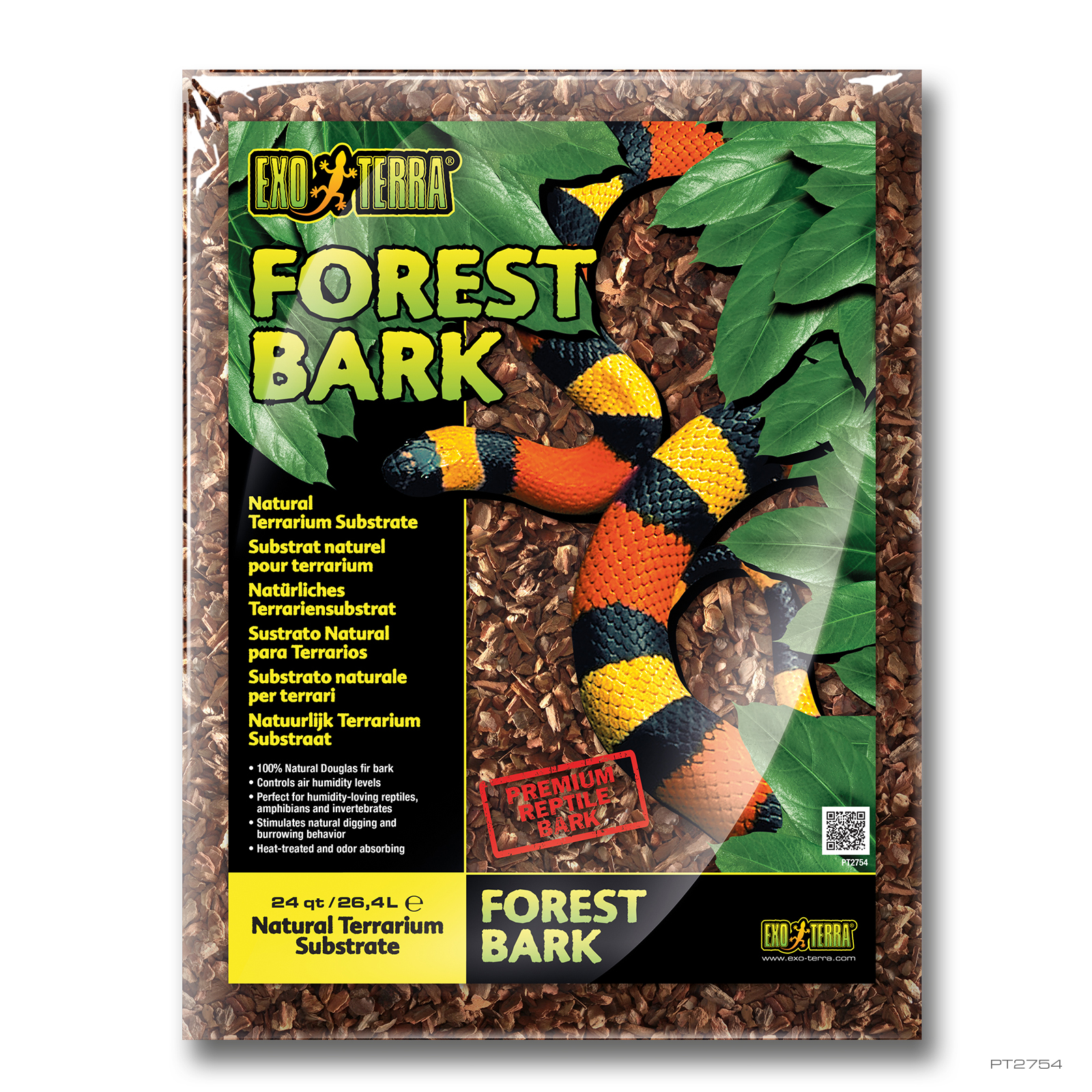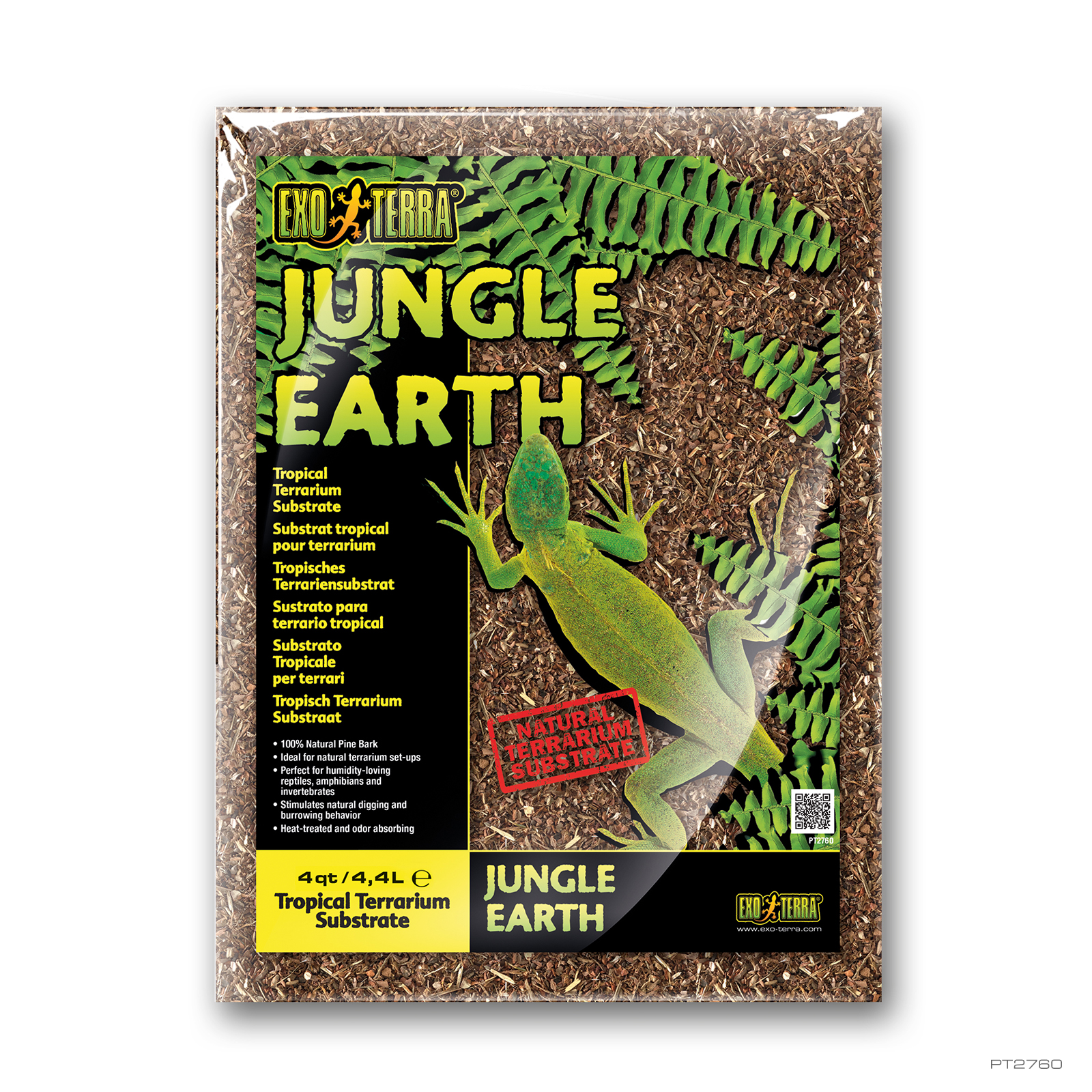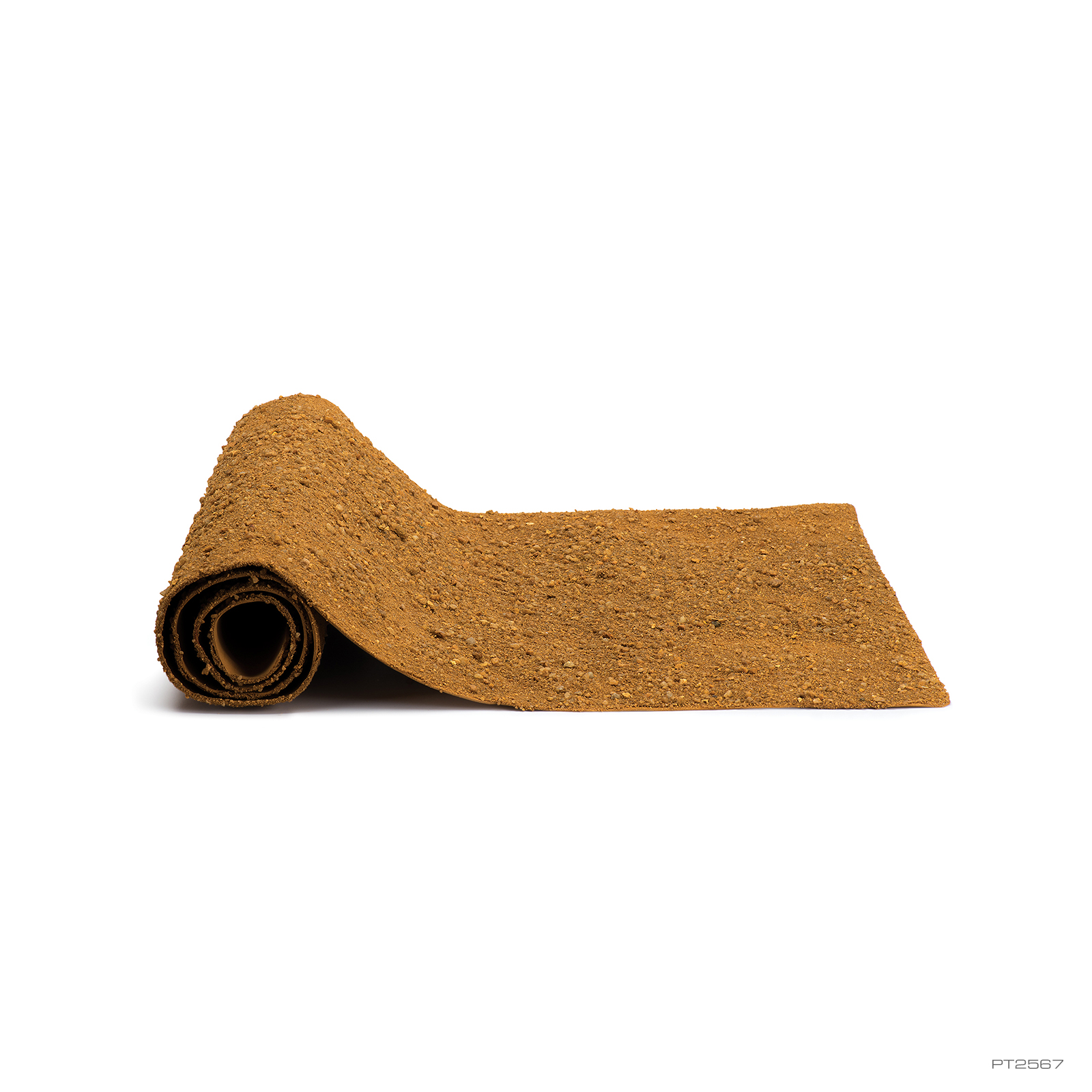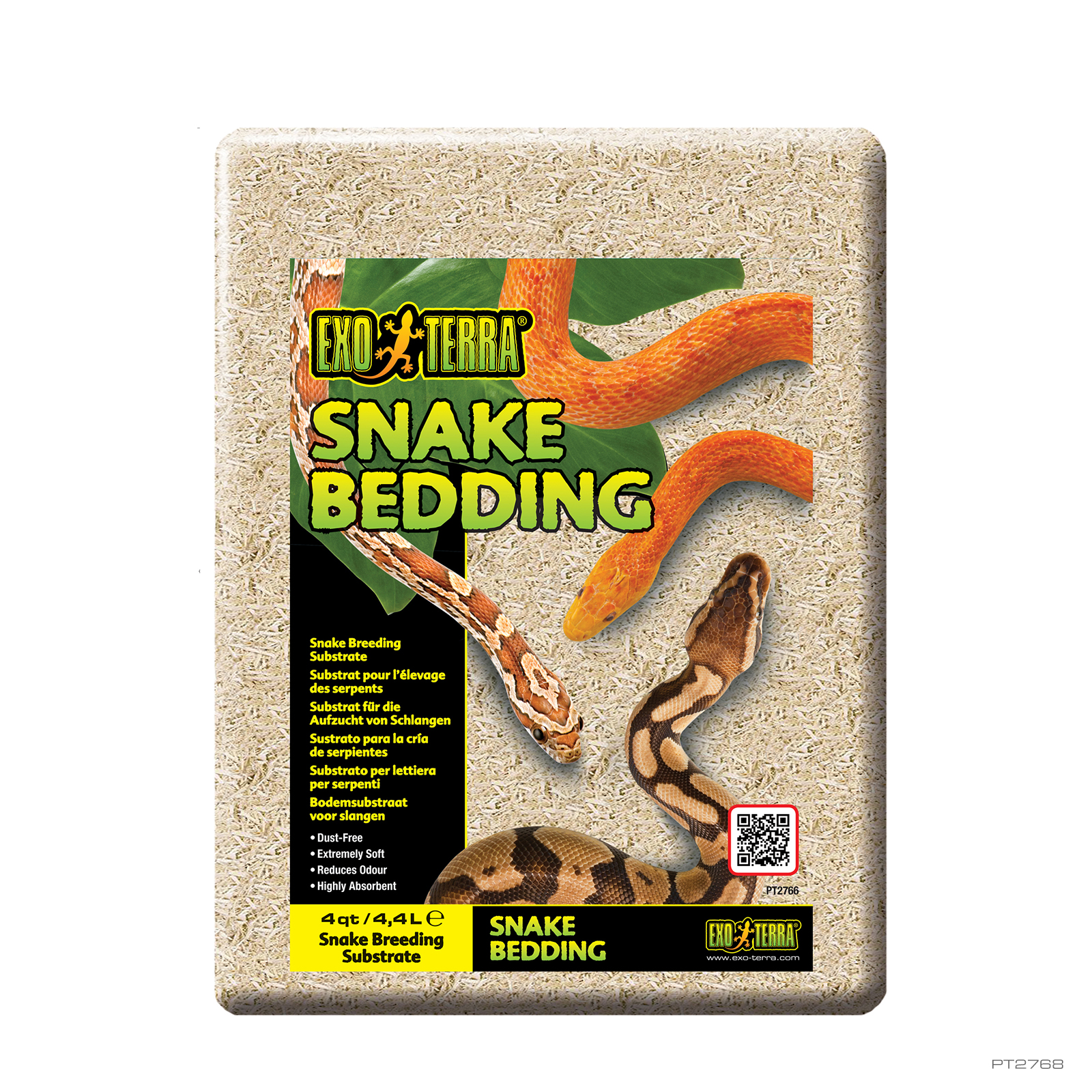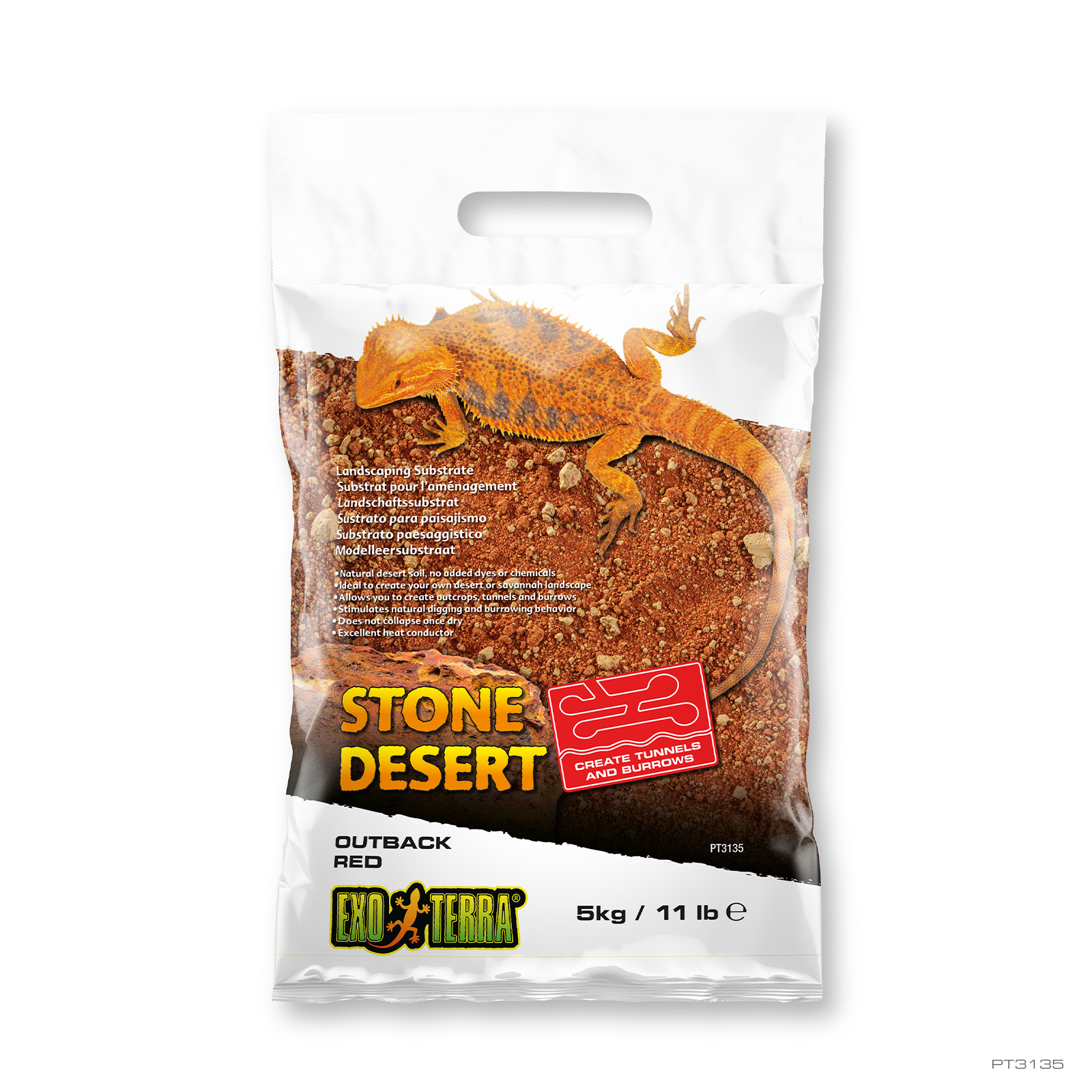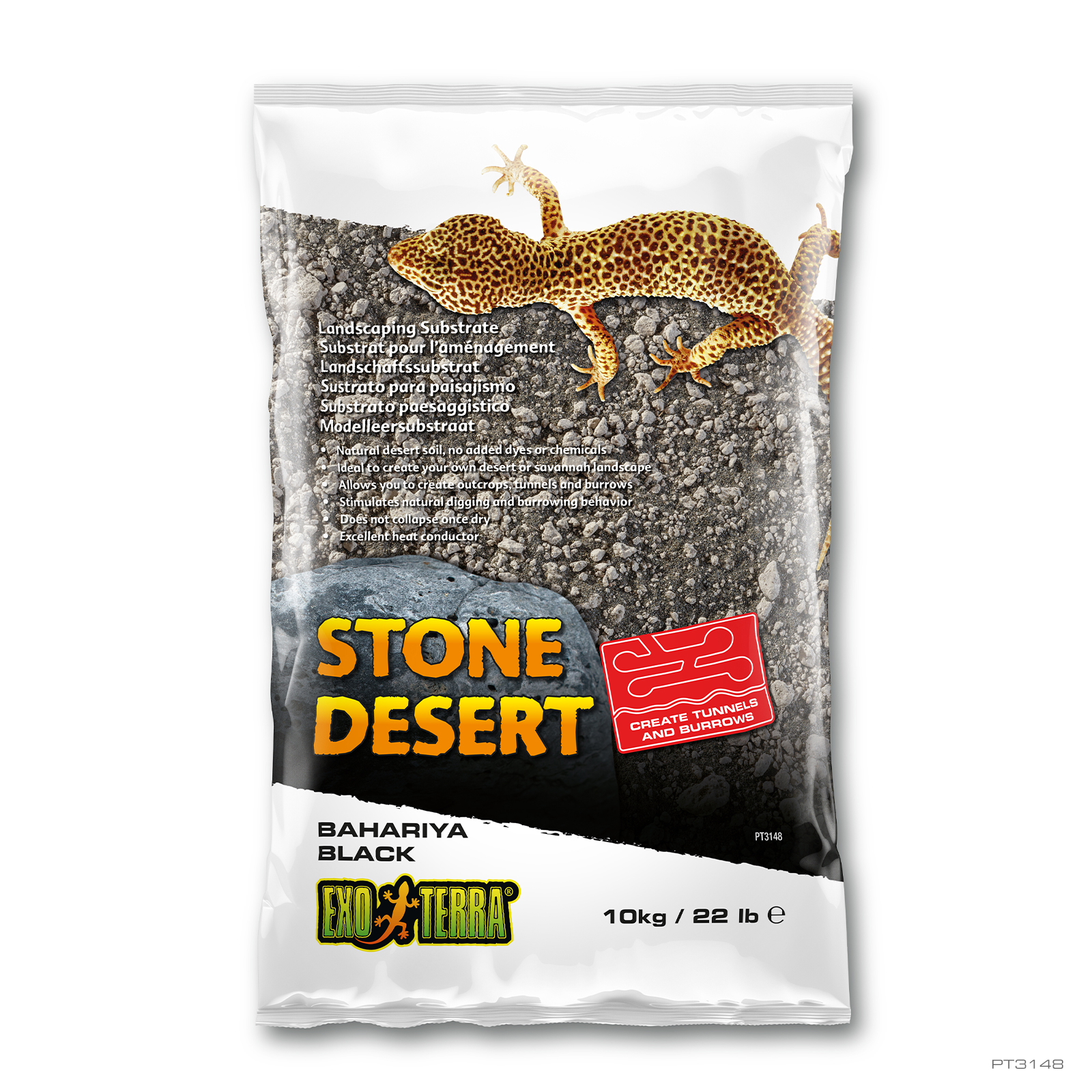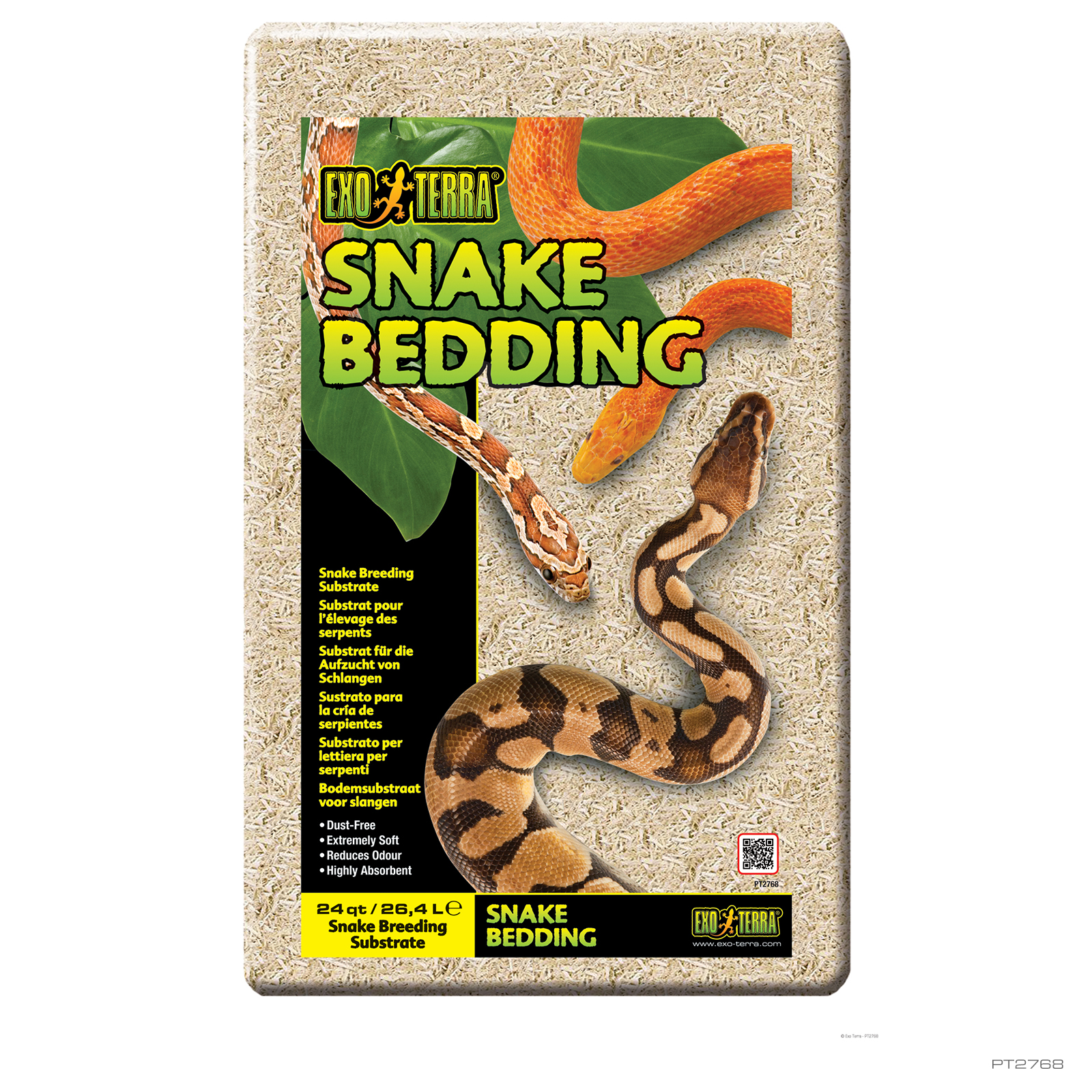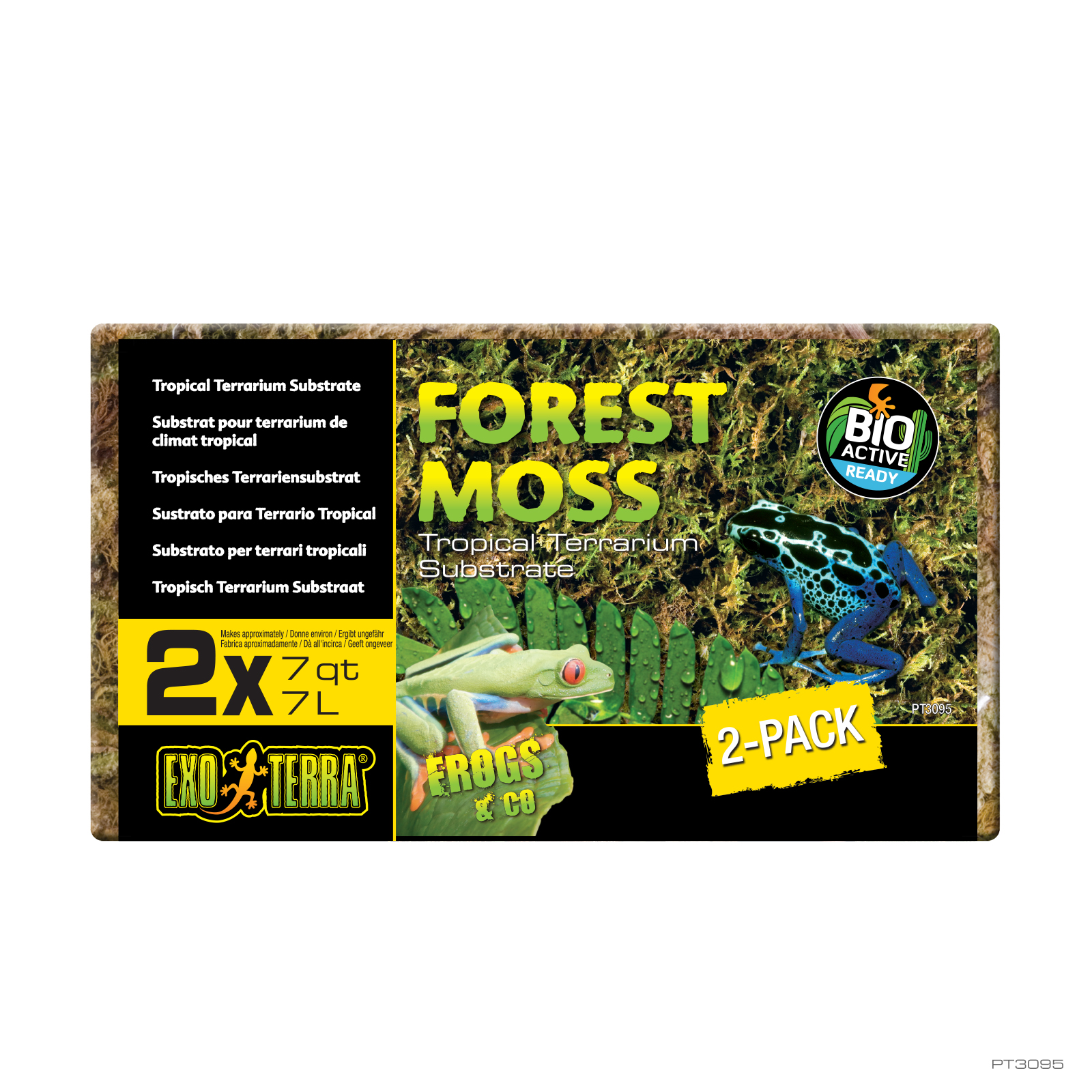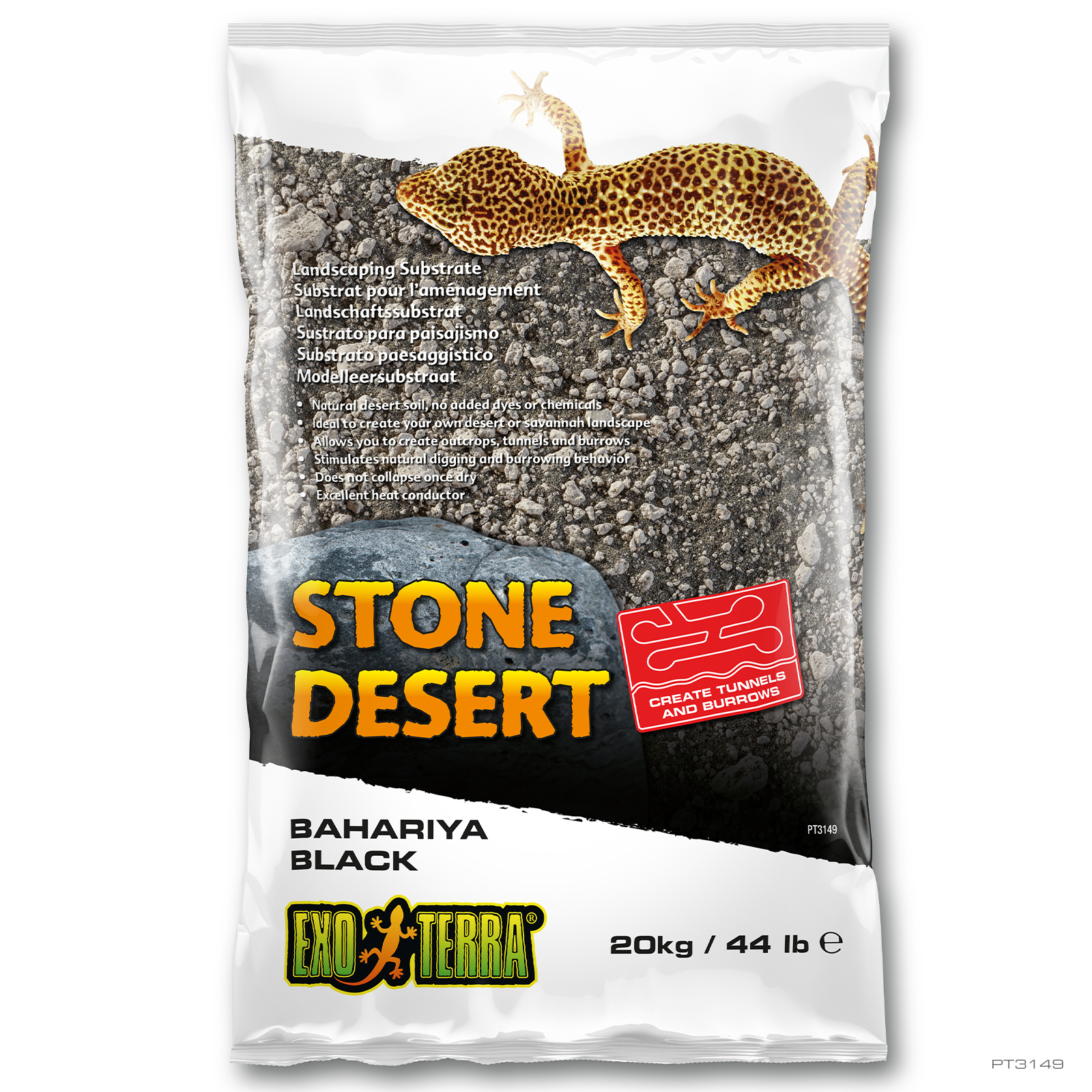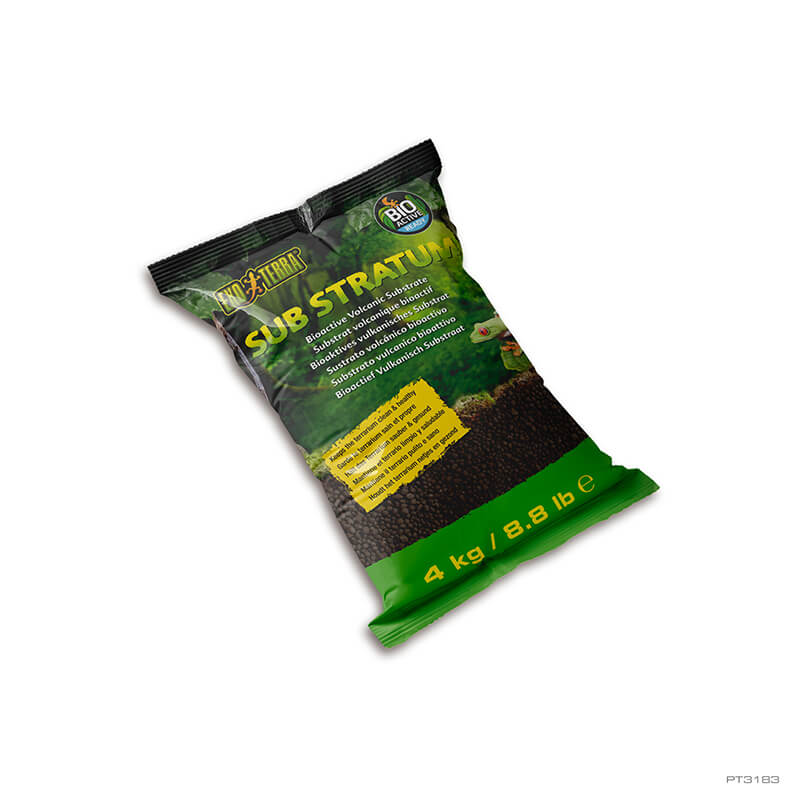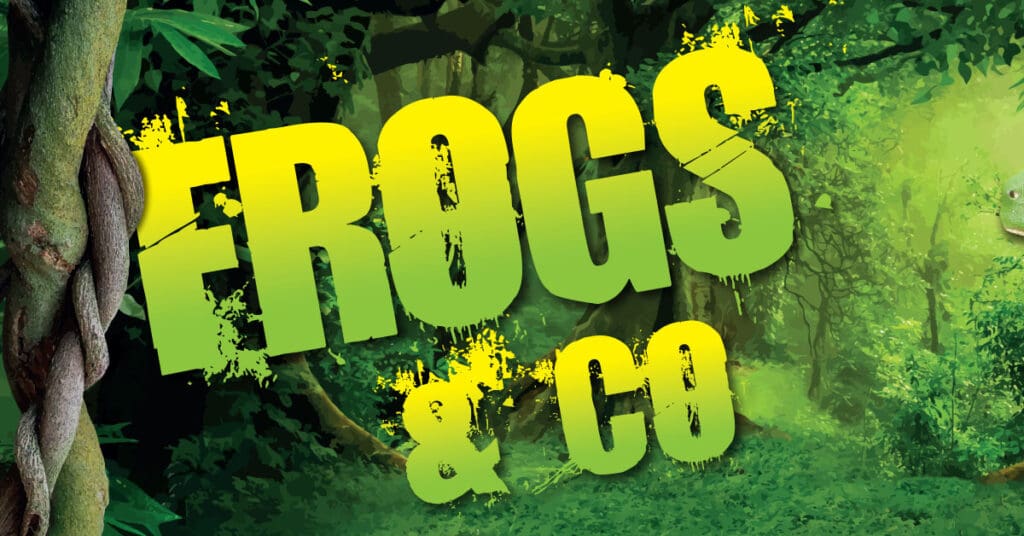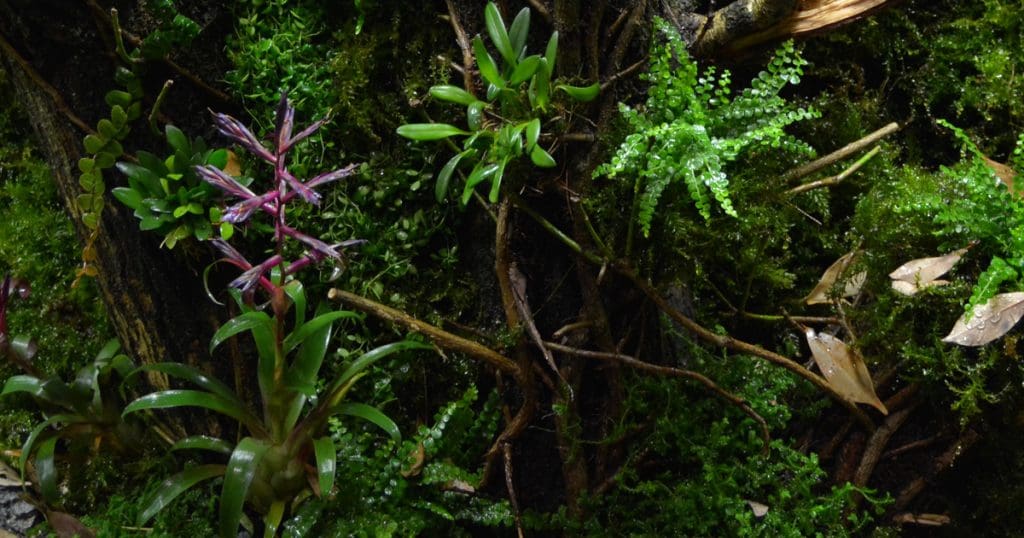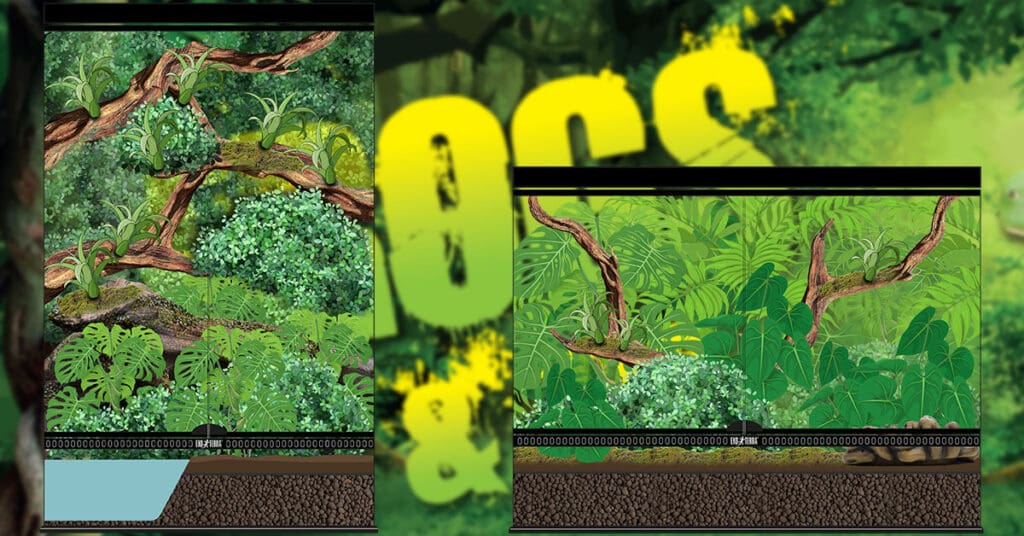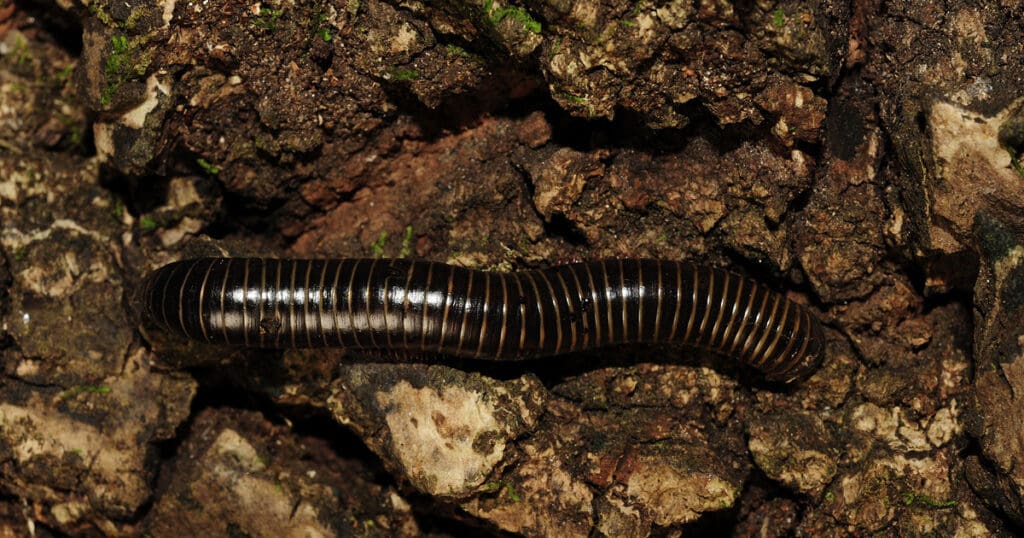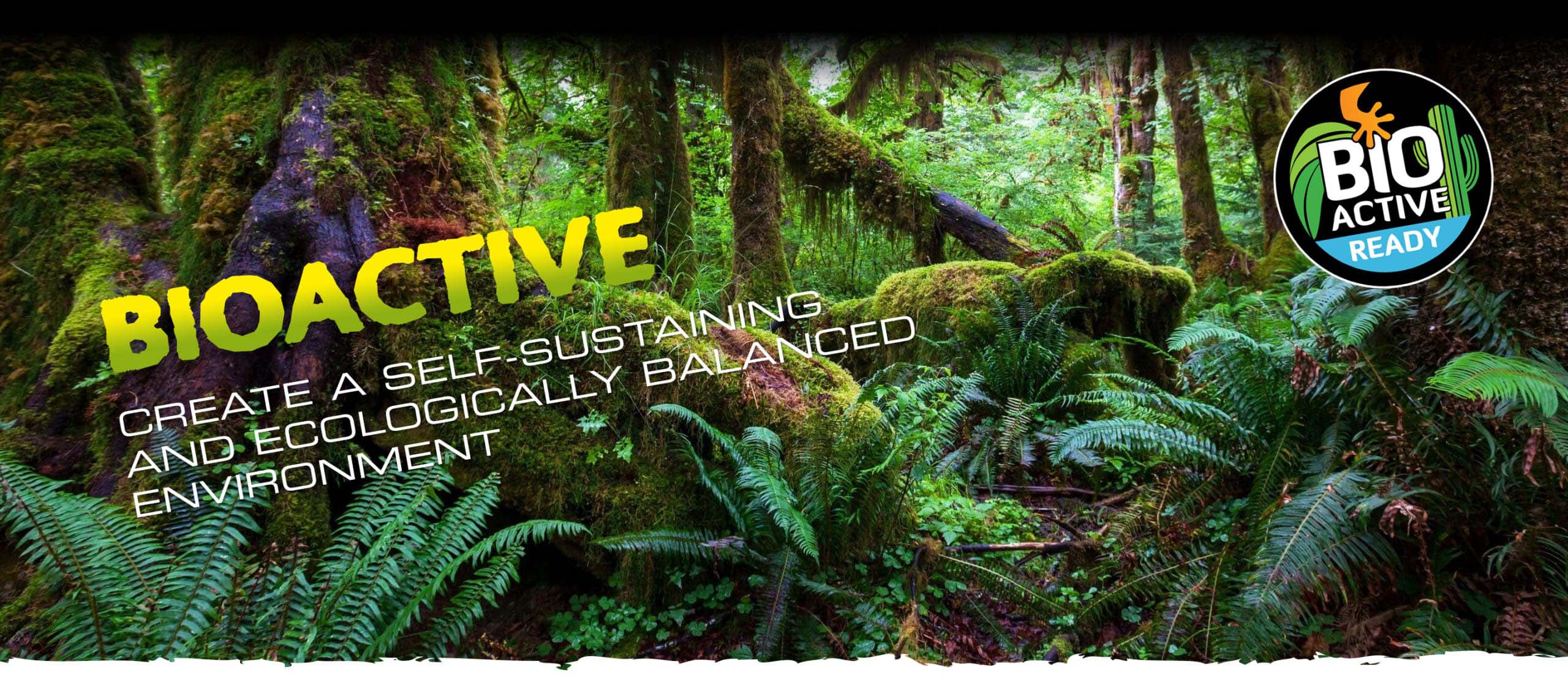
Role of the substrate
Thomas Merckx
In a bioactive terrarium, the substrate plays a crucial role in supporting the overall health and functioning of the ecosystem. The term “substrate” refers to the material or layer on the floor of the terrarium where plants, microorganisms, and invertebrates reside.
A healthy bioactive substrate harbours a diverse community of microorganisms, including bacteria, fungi, and beneficial decomposers. These microorganisms play a vital role in breaking down organic matter, aiding in the decomposition process, and enhancing nutrient availability. Additionally, some bacteria can form symbiotic relationships with plant roots, facilitating nutrient absorption and providing protection against harmful pathogens.
The substrate acts as a natural filtration system by facilitating the breakdown and decomposition of waste materials produced by the inhabitants of the terrarium. Animal waste, uneaten food, and decaying plant matter are broken down by microorganisms in the substrate, preventing the accumulation of toxic substances and promoting a healthier environment for the terrarium’s inhabitants.
Furthermore, it will serve as a reservoir of nutrients, utilised by the plants and microorganisms within the terrarium. Organic matter, such as decaying leaves, plant debris, and animal waste, present in the substrate decomposes over time, releasing essential nutrients like nitrogen, phosphorus, and potassium. These nutrients are then taken up by plants, promoting their growth and vitality, effectively completing the nutrient cycle.
The bioactive substrate helps maintain appropriate moisture levels within the terrarium. It retains water, providing a source of hydration for the plants and creating a suitable microclimate. Additionally, the substrate should have adequate drainage properties to prevent water-logging, ensuring the roots and organisms are not subjected to excessive moisture levels.
For the live plants inside the terrarium, the substrate provides a medium for root anchoring and growth. The substrate’s texture, composition, and structure influence root development, allowing plants to establish a strong foothold and uptake essential nutrients and water.
Overall, a well-designed and balanced substrate is crucial for creating a self-sustaining and healthy ecosystem within a bioactive terrarium. It supports plant growth, nutrient cycling, waste management, microbial activity, and moisture regulation, all of which contribute to the terrarium’s overall stability and long-term success.
Thomas Merckx
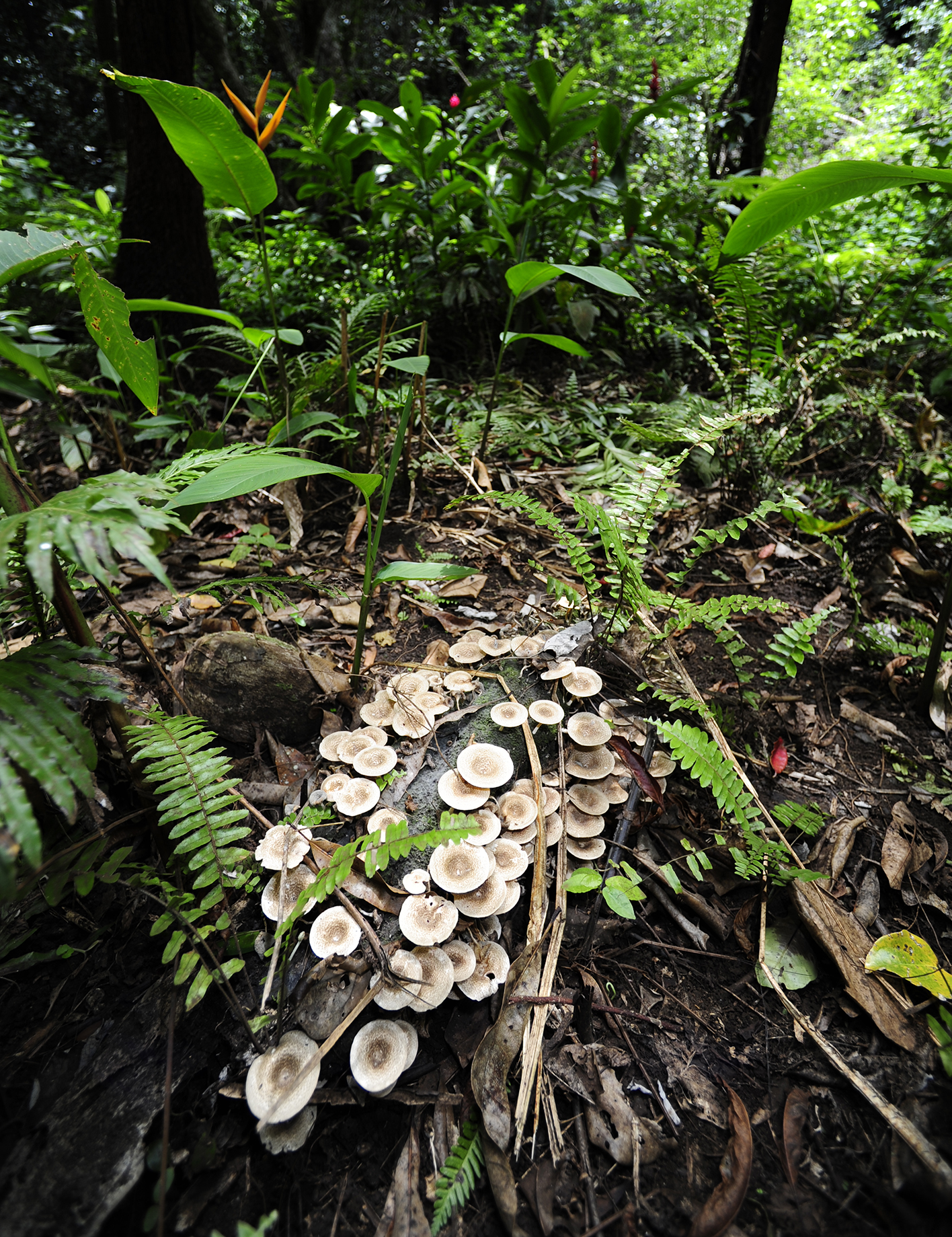

New Caledonia forest floor - by E. Van Heygen.
Bioactive Topics
Frogs & Co
Frogs are almost everywhere on this planet. From the tropics to subarctic regionsThere are about 7,000 species – with the greatest diversity in the tropical rainforests. Recreating parts of these tropical rainforests is an art! The Exo Terra...
How to set up a bioactive terrarium
Setting up a bioactive terrarium can be a rewarding and sustainable way to keep certain types of reptiles, amphibians or invertebrates. The concept of a bioactive terrarium is to create a self-sustaining ecosystem where the animals live alongside various microorganisms that help maintain a natural balance.
Microhabitat Types For Frogs
While the stunning colors and studying the amazing behavior of frogs have always been the motive to keep these amazing animals in a terrarium, with the recent trend towards more natural, bioactive tropical terrariums, we see a steep increase...
The Clean-up Crew
The clean-up crew consists of a group of small organisms that work together to break down organic matter, consume waste, and control the levels of debris and detritus in the terrarium. They contribute to the decomposition process, recycling nutrients back into the soil, which helps sustain the plants and other living organisms in the enclosure.
Stay up on all things exo terra.
"*" indicates required fields
